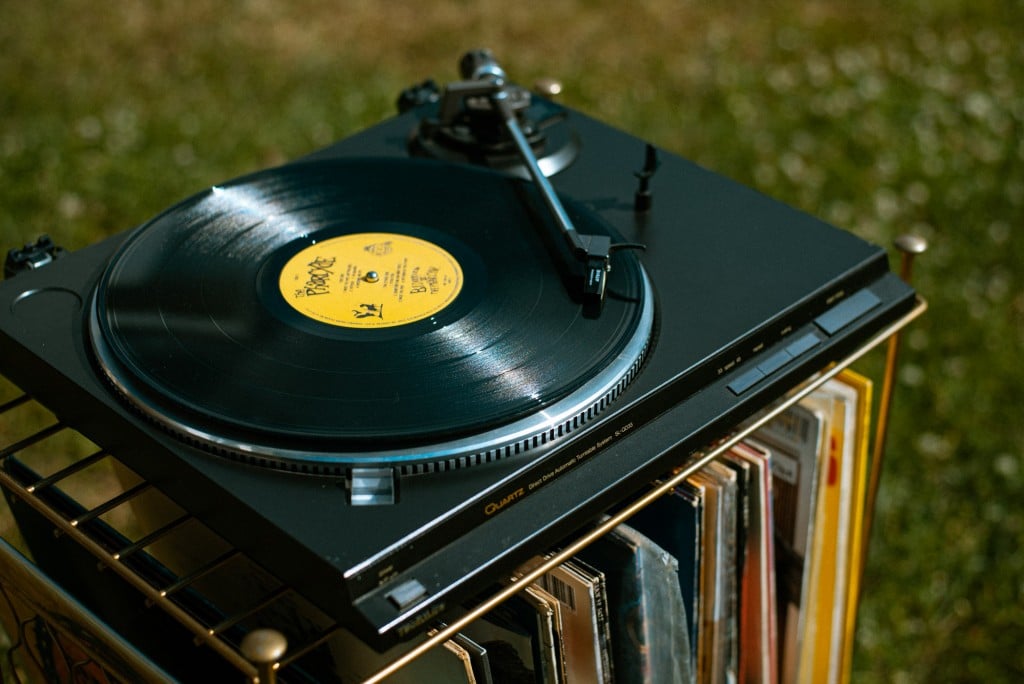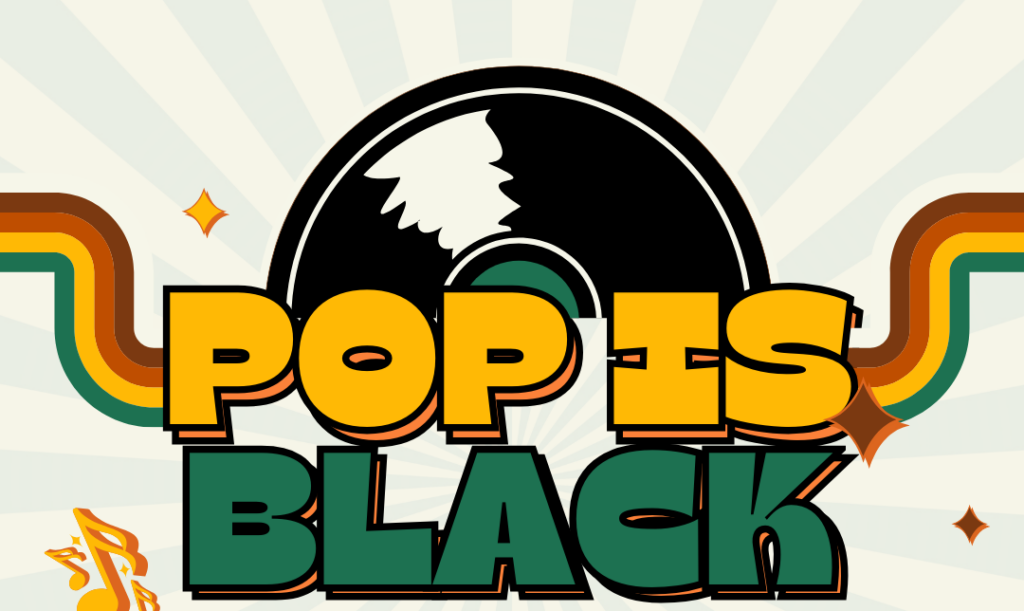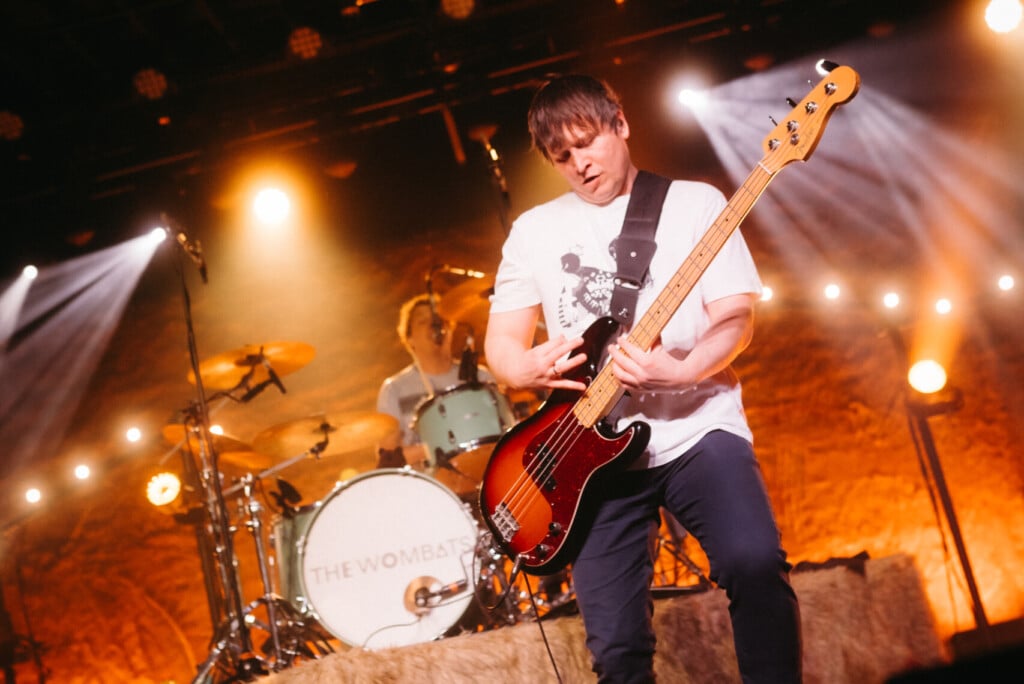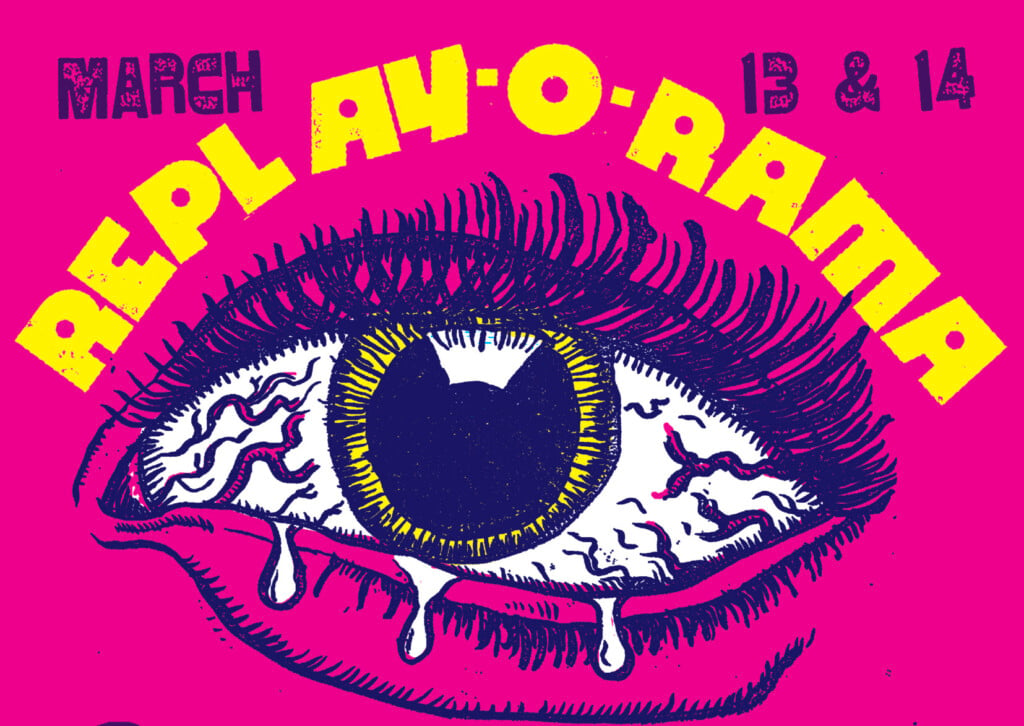Will to Succeed
As “She Don’t Care,” the first cut on Will Hoge‘s debut studio album Carousel roars to life, it sounds a lot like ’80s rabble-rousers the Georgia Satellites — with a much better singer. Hoge’s sinus-headache-hangover verses give way to a full-throated Van Morrison-wail of a chorus, springing the one-liner I got a three-dollar shirt; she got fifty-five-dollar hair like a jack-in-the-box hooked up to a Marshall stack. Recorded on the cheap, Carousel puts Hoge’s urgent smirk of a voice so far up in the mix it sounds like he swallowed the microphone, leaving it dangling down his gullet just above his diaphragm, where it bounces with every shout.
What Hoge has in his mouth right now, though, is Szechwan beef with broccoli. Trying to keep his chewing discreet, Hoge answers questions from a table tucked in a corner of a busy Chinese restaurant in New York City. Even through mouthfuls of spicy food, the singer’s voice is gruffly forceful and vaguely Southern; he sounds like a skilled impressionist’s first, extra-hoarse try at Bill Clinton — close to the mark but still recognizably someone else. He’s talking about another set of grated tonsils, Rod Stewart’s. Hoge and his band are opening for Stewart, getting ready to play their second show in as many days at New York’s Jones Beach Amphitheater.
“We haven’t met Rod yet,” Hoge says. “We still have a couple of chances, but he mostly hangs out with the models backstage. We’ve pretty much gotten screwed on that deal.” Hoge waits a beat. “Maybe screwed‘s not the word,” he says.
Hoge hasn’t had time to chase women lately. After wowing fans at home in Nashville with night after night of sweaty gigs, Hoge issued a live disc that earned label attention, but he released Carousel on his own. The latter album comes by its Georgia Satellites similarities honestly; the Satellites’ Dan Baird plays guitar and sings backup on the disc. Up until late 2000, Baird had been touring with Hoge, too, interrupting a steady slate of production jobs and his own solo career. Baird doesn’t share writing or production credits for Carousel; it’s a rare turn as sideman-only for the in-demand guitarist.
“There was really no begging or pleading,” Hoge says of his recruitment of Baird. And when it came time for Baird to work with his crack rhythm section, Hoge says, “Dan had experience in the studio, of course, so it was great having him in-volved. We really felt we had a figure we could turn to. He made [recording] easier.
“We toured our asses off with Dan for a year and a half,” Hoge continues. “The album was coming out, and he knew we were in for more touring. The other three of us were kids in a candy store doing this for the first time, and he didn’t try to curb our enthusiasm. He was never the bitter old guy.”
Enter Brian Layson, Hoge’s new guitar player, whom Baird signed off on before leaving the group. “We’d seen Brian play two or three weeks before Dan quit,” Hoge explains. “The first thing Dan said when he backed out was, ‘You need to call the guy from Macon.’ So it was a real logical change.”
Hoge used to be the guy coming and going from bands. At 26, the singer had already bummed around various Nash-ville outfits before hanging out his own songwriting shingle. “I’d always been just the singer or songwriter in a band, and that always bit me in the ass,” Hoge says, laughing. “You do the work and someone else screws it up. So I was hell-bent on not being in a band. But the minute you wish for that, a great band falls in your lap.”
No fool, Hoge took the band. “It’s a big liberation as a singer and songwriter,” he says. “I don’t mean it in a selfish way, since meeting Tres [Sasser, on the bass] and Kirk [Yoquelet, the drummer] proved to be a good springboard for me as a writer. The great thing about this band is that it’s the best of both worlds. I get the support I really want, but it’s not a thing where someone else is going, ‘That song doesn’t fit this band.’ The band’s job is to find a way to make it work.” His crew not only makes the songs work but does so distinctly and powerfully. “It takes a huge weight off,” he says.
Hoge’s career is also coming together from a representational standpoint. While writing the songs that would form Carousel‘s axis, the singer was stung by a bad management deal. As much as any heartbreak, the business burn informs Carousel‘s ruggedly bittersweet edge — even if the bitterness is usually slyly played for laughs.
Though without a label (the way he prefers it right now), Hoge emerged from the im-broglio to find a champion at Creative Artist Agency, a company with household-name status. This explains how an obscure Nashville singer — albeit one with a surging first album — scored slots with Stewart and John Mellencamp.
“It’s cool to see people our parents’ age react to what we’re doing and to sell copies of our album to forty- or fifty-year-olds,” Hoge says of his experiences on these shed tours. “They tell us they haven’t seen a new young rock band in a while.”




